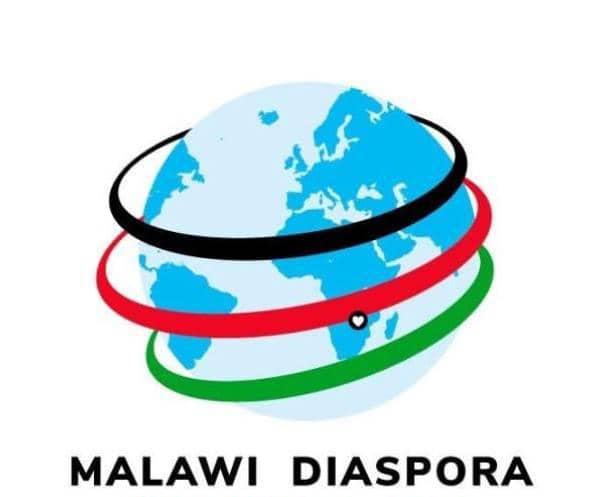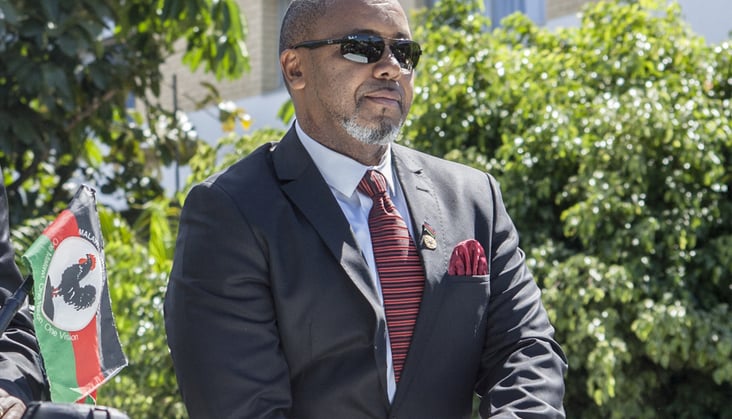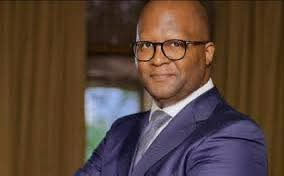By Burnett Munthali
The Democratic Progressive Party (DPP) has unveiled an ambitious plan for international cooperation and diaspora engagement as part of its 2025–2030 manifesto.
At the heart of this plan is the party’s belief in leadership that is international in ideas but local in application.
The DPP pledges to continue fostering international relations that strengthen Malawi’s drive towards becoming a developmental state.
Development diplomacy will remain a key approach, aimed at securing resources, investment, and partnerships that directly benefit the country.
The government will pursue gainful trading partnerships to expand markets for Malawian goods and services while increasing inflows of investment to boost economic growth.
Access to finance and credit will be sought from bilateral, multilateral, and development partners to support long-term projects.
Tourism promotion will also be prioritized, with efforts to increase inbound tourism by showcasing Malawi’s destinations and cultural products.
The DPP commits to securing access to essential resources such as energy, water, raw materials, and petroleum products.
Educational and cultural exchanges will be deepened to strengthen people-to-people ties between Malawians and other nations.
International collaboration in scientific and technological research will be enhanced to accelerate innovation and problem-solving.
Alongside development diplomacy, the DPP promises to uphold national security by protecting Malawi’s sovereignty, territorial integrity, and citizens from external threats.
Peacebuilding and regional stability will be supported through diplomacy, with Malawi contributing to the prevention of conflicts across the region.
The government will build and maintain alliances with like-minded nations to advance shared interests and influence global governance.
Human rights, democracy, and the rule of law will be promoted and defended at both regional and global levels.
The manifesto also emphasizes humanitarian assistance, disaster relief, and environmental protection as essential components of foreign policy.
Structured labour export programs will be promoted to create opportunities for Malawians abroad while supporting sectors of mutual interest with foreign governments.
The DPP affirms its commitment to trade-driven diplomacy, ensuring that development aid is aligned with Malawi’s trade, investment, and social priorities.
Dialogue with development partners will focus on homegrown policies and people-centered development practices, rejecting one-size-fits-all approaches.
The DPP highlights Malawi’s small domestic market as a limitation but positions the country to benefit from regional economic integration.
Malawi’s participation in the African Continental Free Trade Area (AfCFTA) will be deepened to attract large-scale investment and spur industrial and agricultural growth.
The manifesto further pledges support for COMESA, SADC, and the Tripartite Free Trade Area as platforms for regional market integration.
Foreign policy will continue to be guided by international law, particularly the principle of equality among nations.
Malawi’s foreign missions will be rationalized, with unprofitable ones closed and new ones opened where they serve national interests.
A professional and vibrant diplomatic service will be established, with clear career paths and specialized training for personnel.
The manifesto underscores the importance of Malawians living abroad, recognizing their role as key partners in national development.
The introduction of dual citizenship and the operation of Foreign Currency Denominated Accounts (FCDAs) in local banks have already empowered diaspora communities to engage more directly with Malawi’s economy.
A dedicated Diaspora Unit has been set up in the Ministry of Foreign Affairs, and every embassy now has a desk for diaspora services.
Looking ahead, the DPP promises to remove barriers that prevent Malawians abroad from contributing fully to the nation’s economic and social progress.
In conclusion, the DPP’s vision for international cooperation and diaspora engagement reflects a comprehensive foreign policy agenda that links global partnerships with local development, while positioning Malawians at home and abroad as active participants in building a stronger nation.



